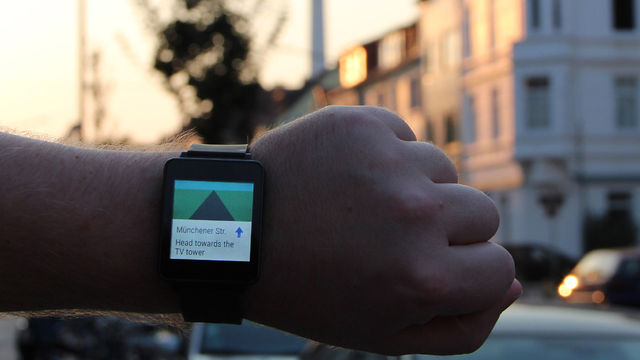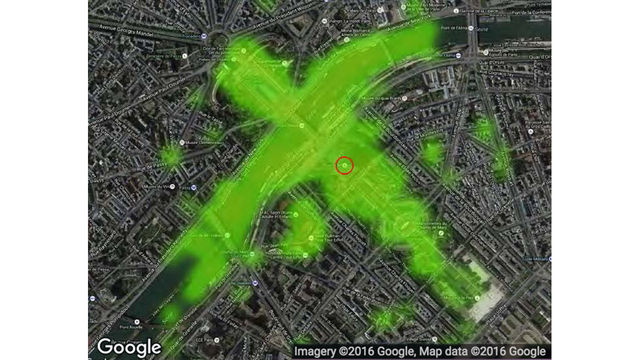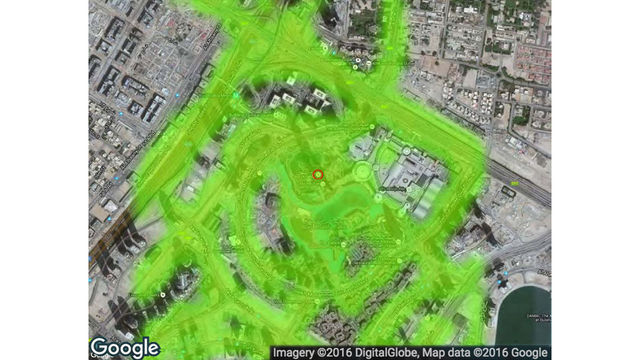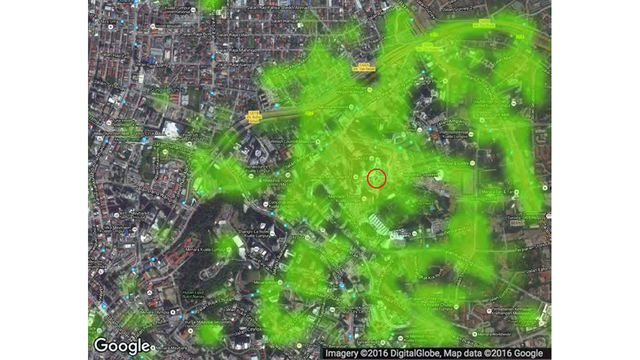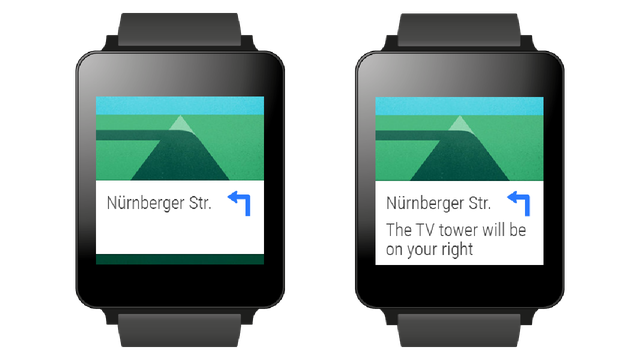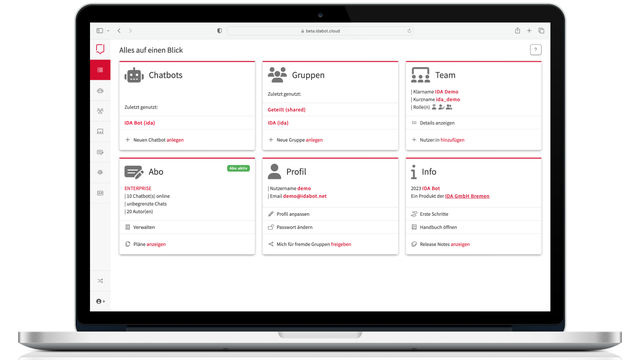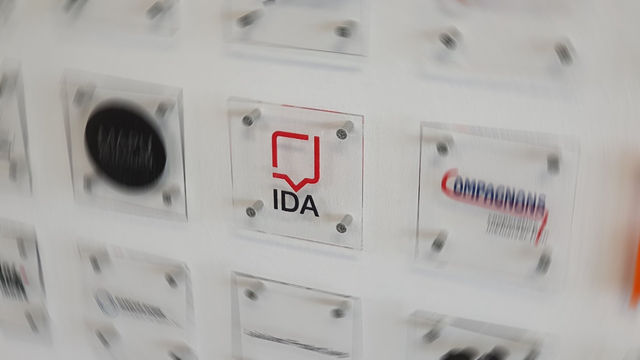I am founder of the IDA GmbH and former postdoc at the Digital Media Lab of the University of Bremen. IDA is a service that allows anyone to create an intelligent chatbot without having to be an expert in artificial intelligence.
In 2003 I started studying Computer Science at the University of Bremen where I completed my 'Diplom' degree in 2009. From 2009 until 2012 I was a doctoral fellow in the graduate school Advances in Digital Media funded by the Klaus Tschira Foundation (KTS).
From 2013 to 2020 I worked as a postdoctoral researcher at the Center for Computing and Communication Technologies (TZI) together with Prof. Dr. Rainer Malaka and received my PhD in 2015. I did research in the fields of Navigation, Human-Computer Interaction (HCI), and Entertainment Computing (EC).
My doctoral thesis, titled Navigation in the Real World and in Virtual Worlds, aimed at taking advantage of modern input technology to design natural and intuitive interaction concepts for navigation in the real world and navigation in virtual worlds. It was supervised by Prof. Dr. Rainer Malaka from the University of Bremen and Prof. Dr. Johannes Schöning from Hasselt University, now University of St. Gallen.
For details on my work have a look at my research and teaching activities. If you have further questions contact me via email or phone.

Pharos
Pharos is a novel system that extends turn-by-turn navigation instructions using a single global landmark (e.g. the Eiffel Tower) rather than multiple, hard-to-select local landmarks. More...
Nina Wenig, Dirk Wenig, Steffen Ernst, Rainer Malaka, Brent Hecht and Johannes Schöning (2017) Pharos: Improving Navigation Instructions on Smartwatches by Including Global Landmarks MobileHCI '17 | PDF of Paper | BibTex
IDA Bot 1st CAMPUSiDEEN (2018)
IDA is a service that allows anyone to create an intelligent chatbot without having to be an expert in artificial intelligence. For this purpose, already existing information about your company, e.g. the website, is analyzed. The learned correlations are presented on a website in an understandable way. Via this, you can control and extend the artificial intelligence. More...
Pokémon GO
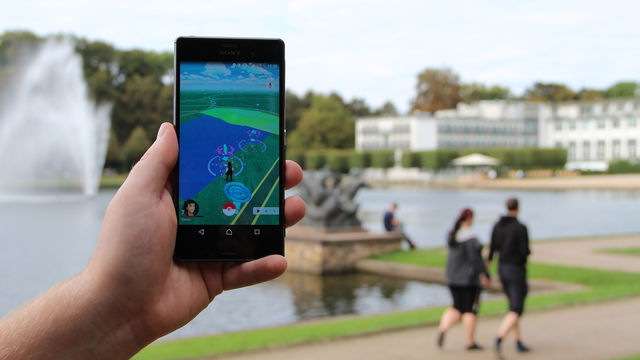
The widespread popularity of Pokémon GO presents the first opportunity to observe the geographic effects of location-based gaming at scale. More...
Ashley Colley, Jacob Thebault-Spieker, Allen Yilun Lin, Donald Degraen, Benjamin Fischman, Jonna Häkkilä, Kate Kuehl, Valentina Nisi, Nuno Nunes, Nina Wenig, Dirk Wenig, Brent Hecht and Johannes Schöning (2017) The Geography of Pokémon GO: Beneficial and Problematic Effects on Places and Movement CHI '17 | PDF of Paper | BibTex
